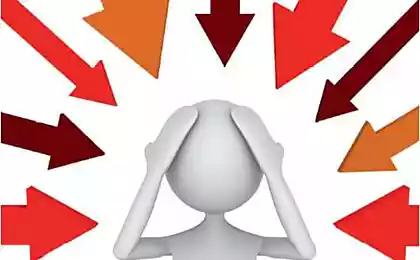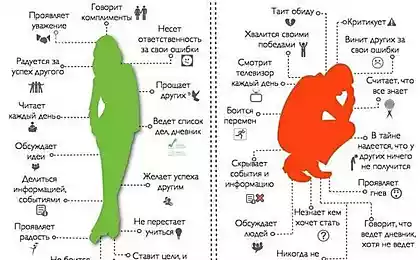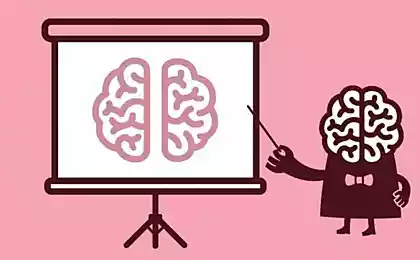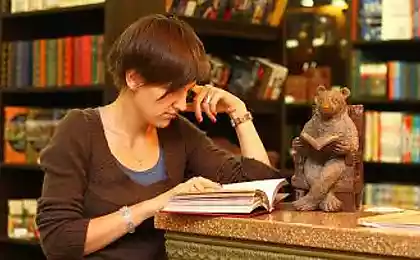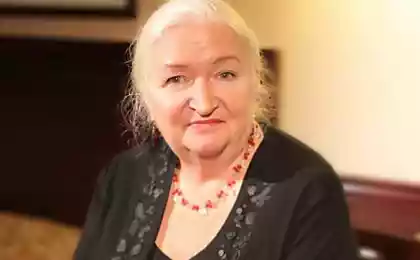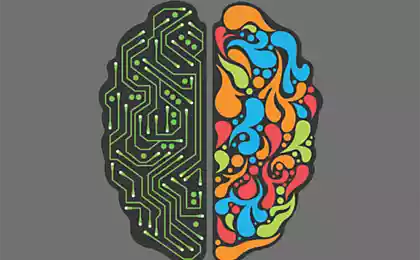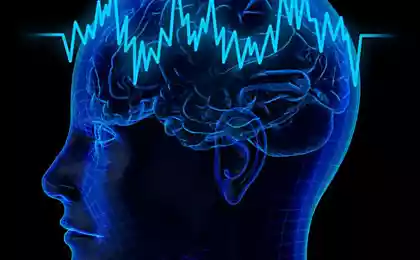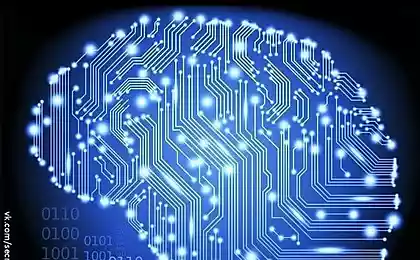1287
Mind reading? Scientists have learned to "listen" brain
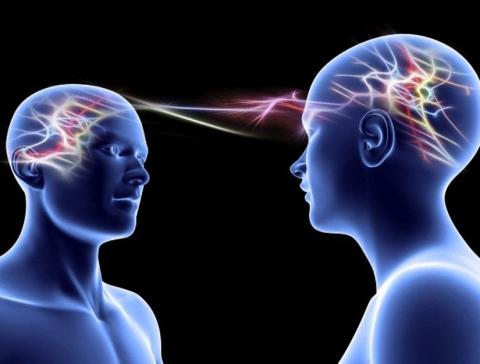
"This is a tremendous achievement for patients with damage to the mechanism of speech due to stroke or Lou Gehrig's disease", - says researcher Robert Knight of the University of California at Berkeley. "This finding will allow, ultimately, to recreate" mental conversations. " Thousands of people could use it ».
Studies conducted earlier showed that scientists can tell how many points just saw a man, and also how many points he imagined.
To make sure that they can do the same with the sound, the researchers focused on decoding the brain's electrical activity in the human auditory system. In an experiment involving 15 volunteers, patients neurosurgery, treated for epilepsy or brain tumors - researchers can directly connect the electrodes and observe the reaction of the words in ordinary conversation, which listened to the volunteers.
The scientists used two methods of checking to see what the speed of speech is perceived by the brain better. "We found that both models have worked well as a relatively slow pace," the syllables "and rapid speech," said BrayanPasley, a neuroscientist at the University of California at Berkeley.
Researchers, as well able to "play" the sound just "hear" the brain. Recognition, however, was quite vague and not clear, but it was not guessing.
"I do not think it will work, but Brian has turned," said Knight. "His computational model can reproduce sound that is heard the patient, and you can really learn the words, though not in perfect quality».
Nightshade explained that they did not reach the level of mind-reading. Development can reproduce sound that one hears.
But scientists have not yet figured out how much of the brain is far concepts to present sound and hear him.
Scientist, just warned that the device at this stage, can not be used for interrogation, and if, in the future, and will be capable of it, you will need the implantation of sensors directly into the brain.
Nightshade hoped that in the near future will be to develop practical means of persons with disabilities.


